Coffee lovers around the world can’t resist the aromatic charm of a freshly brewed cup of black coffee. But is this beloved beverage more than just a morning pick-me-up? Can it offer any health benefits? In this blog post, we’ll explore the potential advantages of black coffee, shedding light on whether this popular drink is good for you.
What is black coffee?

Black coffee, often simply referred to as “coffee,” is a type of coffee that is prepared by brewing roasted coffee beans without any additives, such as milk, cream, sugar, or flavorings. It is essentially coffee in its purest form. To make black coffee, you start with ground coffee beans, typically a medium or dark roast, and then brew it with hot water. This results in a beverage that is characterized by its rich and robust flavor, along with its dark color.
Black coffee is known for its strong and sometimes bitter taste, which can vary depending on the type of coffee beans used and the brewing method. It is typically served hot and can be enjoyed in various forms, such as espresso, drip coffee, French press, or pour-over. Some people prefer to drink it black to savor the natural flavors of the coffee beans and experience the full range of taste profiles that coffee has to offer.
Black coffee is a popular choice for those who want to enjoy the pure and unadulterated taste of coffee, as well as for individuals who are watching their calorie intake, as it is very low in calories when consumed without added ingredients. It also serves as the base for many other coffee beverages, allowing for customization with cream, sugar, or other flavorings to suit individual preferences.
is black coffee healthy?

Black coffee, when consumed in moderation, can be considered a part of a healthy diet and may offer some potential health benefits. Here are some factors to consider regarding the health aspects of black coffee:
Rich in Antioxidants:
Black coffee is a good source of antioxidants, particularly chlorogenic acid, which can help in neutralizing harmful free radicals in the body. Antioxidants are associated with a reduced risk of various chronic diseases.
Weight Management:
The caffeine in black coffee acts as a mild appetite suppressant, potentially helping to control your food cravings and aiding in weight management.
Physical Performance:
Caffeine in black coffee can enhance physical performance by increasing adrenaline levels, improving endurance, strength, and workout effectiveness.
Mental Alertness:
Black coffee’s caffeine content can improve alertness, concentration, and cognitive function, making it a helpful beverage when you need to stay focused.
Reduced Risk of Certain Diseases:
Some studies suggest that moderate coffee consumption may be associated with a reduced risk of certain diseases, including Parkinson’s disease, type 2 diabetes, and certain types of cancer.
However, it’s important to keep a few things in mind:
Individual Sensitivity:
People can have different reactions to caffeine. Some individuals are more sensitive to it, which can lead to side effects like jitteriness or disrupted sleep.
Acidity:
Some people may find black coffee too acidic, which can lead to digestive discomfort. Low-acid coffee varieties are available for those who experience this issue.
Overconsumption:
Excessive caffeine intake can lead to adverse effects, including increased heart rate, anxiety, and dependency. It’s important to consume black coffee in moderation.
Sleep Disruption:
Avoid drinking black coffee too close to bedtime, as the caffeine content can interfere with your sleep patterns.
Ultimately, whether black coffee is considered “healthy” depends on individual factors, including your overall diet, lifestyle, and how your body responds to caffeine. If you have specific health concerns or conditions, it’s a good idea to consult with a healthcare professional to determine how black coffee fits into your overall health and wellness plan.
How many calories in black coffee?
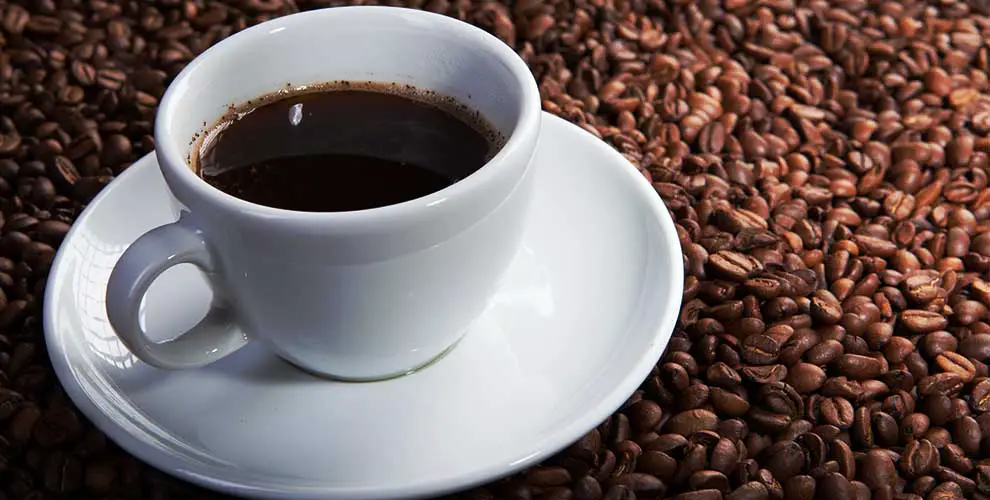
Black coffee is very low in calories. A typical 8-ounce (240 ml) cup of black coffee, when brewed from ground coffee beans without any additives like sugar or cream, contains approximately 2 calories. This minimal calorie content makes black coffee a popular choice for those who are watching their calorie intake or looking to minimize their daily calorie consumption while still enjoying a flavorful beverage. Keep in mind that if you add sugar, cream, or other flavorings to your black coffee, the calorie count will increase significantly depending on the amount and type of additives used.
How many calories in a cup of black coffee?
A cup of black coffee contains approximately 2 calories.
Black coffee nutrition
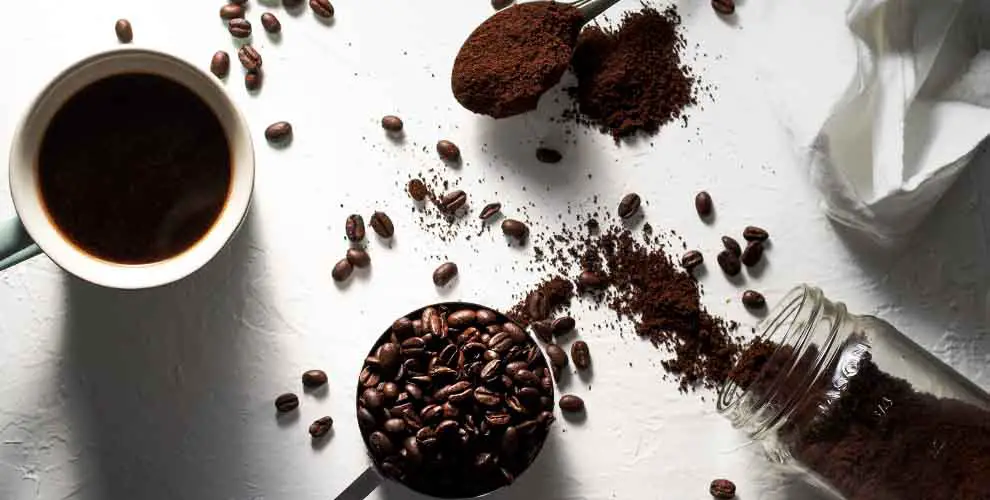
Black coffee, with its robust aroma and bold flavor, is a beloved beverage enjoyed by millions around the world. But have you ever wondered about its nutritional value? In this blog post, we’ll delve into the hidden gems of black coffee nutrition, exploring the essential components that make it more than just a wake-up call.
The Basics of Black Coffee Nutrition
At its core, black coffee is a low-calorie drink. A typical 8-ounce (240 ml) cup of black coffee contains merely 2 calories. What’s more intriguing is the wealth of micronutrients it packs within those few calories.
The Power of Antioxidants
Chlorogenic Acid:
Black coffee is a rich source of antioxidants, primarily chlorogenic acid. These antioxidants help combat harmful free radicals in the body, potentially reducing the risk of chronic diseases.
Vitamins and Minerals:
Black coffee contains small amounts of essential vitamins and minerals. In a single cup, you can find traces of potassium, magnesium, riboflavin (vitamin B2), and niacin (vitamin B3).
Caffeine Content
Caffeine is perhaps the most well-known component of black coffee, and it’s more than just a stimulant.
Physical Performance:
The caffeine in black coffee can boost physical performance by increasing adrenaline levels, enhancing endurance and strength.
Mental Alertness:
Caffeine stimulates the central nervous system, leading to improved mood, heightened alertness, and better cognitive function.
The Role of Polyphenols
Polyphenols, a group of naturally occurring compounds found in black coffee, have been associated with numerous health benefits. They exhibit anti-inflammatory properties and have been linked to:
Reduced Risk of Diabetes:
Some studies suggest that regular consumption of black coffee may lower the risk of type 2 diabetes.
Potential Cancer Protection:
The antioxidants and polyphenols in coffee have been studied for their role in reducing the risk of certain types of cancer.
Weight Management
For those conscious about their weight, black coffee can be a valuable ally.
Appetite Control:
Caffeine’s appetite-suppressing properties can help you manage your caloric intake and support weight loss efforts.
Black coffee is more than just a flavorful beverage; it’s a surprising source of essential nutrients and antioxidants. As you savor your cup of black coffee, remember that it offers a combination of health benefits, from boosting physical and mental performance to reducing the risk of chronic diseases. However, moderation is key, as excessive caffeine intake can lead to adverse effects. As with any dietary choice, it’s wise to consult with a healthcare professional to determine how black coffee can best fit into your individual health and wellness plan. Enjoy your coffee with the knowledge of the nutritional benefits it brings to your cup.
Does black tea have more caffeine than coffee?
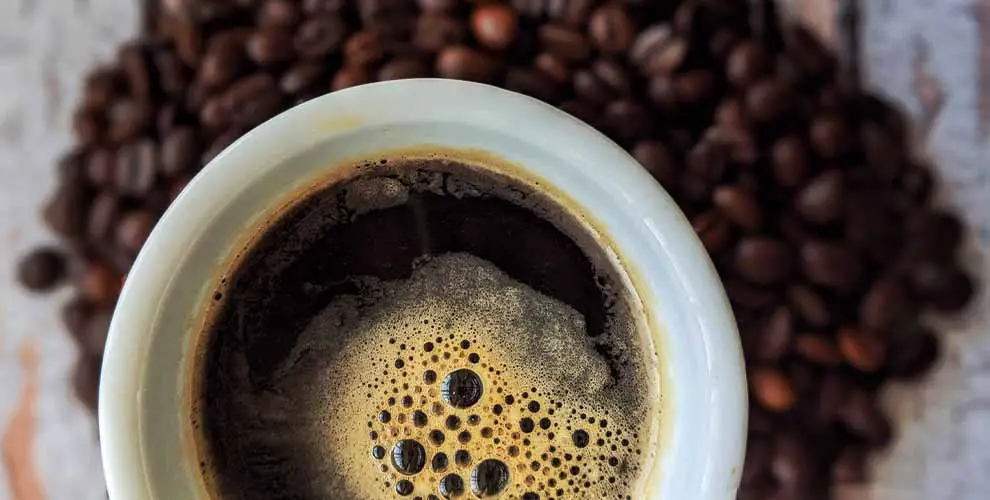
Contrary to what many people may think, black tea generally contains less caffeine than coffee. The caffeine content in beverages can vary based on several factors, including the type of tea or coffee, brewing time, and serving size. Here’s a rough comparison:
Black Tea:
An 8-ounce (240 ml) cup of black tea typically contains about 40-70 milligrams of caffeine, although this can vary depending on factors like the specific tea blend and brewing time.
Coffee:
An 8-ounce (240 ml) cup of brewed coffee generally contains about 95-165 milligrams of caffeine, again subject to variations based on factors such as the type of coffee beans and brewing method.
So, on average, a cup of coffee tends to have more caffeine than a cup of black tea. However, it’s important to note that individual variations and preferences can play a significant role. If you’re looking for a lower caffeine option, black tea is often a milder choice compared to coffee.
Is black coffee good for high blood pressure?

The relationship between black coffee and high blood pressure is a topic of debate among health experts. While moderate coffee consumption is generally considered safe for most people, there are some important points to consider, especially if you have high blood pressure:
1. Blood Pressure Response:
Caffeine, found in black coffee, can lead to a temporary increase in blood pressure shortly after consumption. This effect can vary from person to person, but it is typically more pronounced in individuals who are sensitive to caffeine.
2. Tolerance:
Regular coffee drinkers often develop a tolerance to the blood pressure-raising effects of caffeine over time. This means that, for some people, the impact on blood pressure may decrease with habitual consumption.
3. Individual Sensitivity:
People vary in their response to caffeine. If you are particularly sensitive to caffeine or have been advised by a healthcare professional to limit your caffeine intake due to high blood pressure, you may want to consider reducing your coffee consumption or choosing decaffeinated coffee.
4. Moderation:
Moderation is key. Drinking black coffee in moderate amounts (typically 3-4 cups a day) is generally considered safe for most individuals. Excessive caffeine intake can have negative health effects and may exacerbate blood pressure issues.
5. Other Factors:
It’s essential to consider other factors that can affect blood pressure, such as overall diet, physical activity, and stress levels. These factors play a significant role in managing blood pressure.
If you have high blood pressure or are concerned about its impact, it’s a good idea to consult with a healthcare professional. They can provide personalized guidance based on your specific health needs and help you make informed decisions regarding your coffee consumption. Additionally, you may consider monitoring your blood pressure and noting how coffee consumption affects your individual readings to determine the best approach for your health.
Black coffee calories
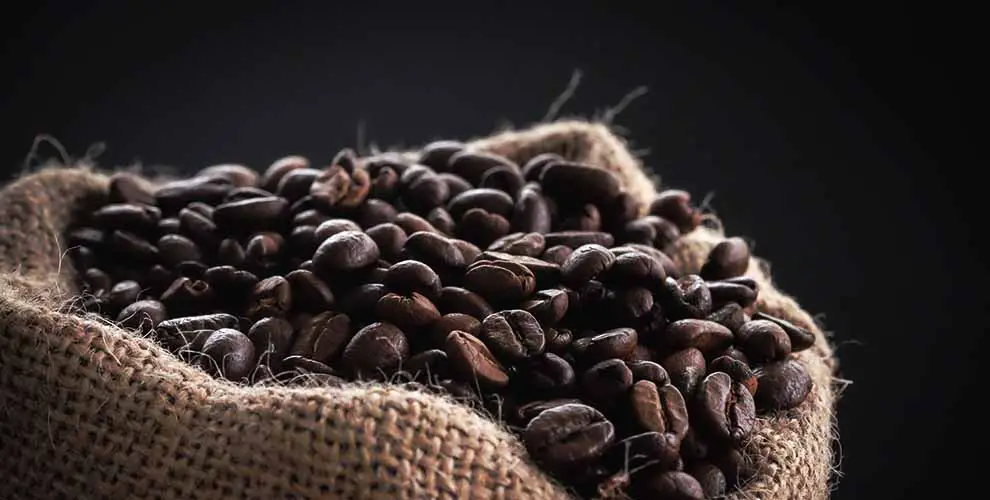
How Many Calories Are in Black Coffee?
For many, a day doesn’t truly begin until that first sip of coffee touches their lips. Black coffee, in particular, is a popular choice for its simplicity and bold flavor. But what about the calories? In this blog post, we’re going to break down the calorie content of black coffee and explore how it can fit into your daily diet.
The Caloric Basics
Black coffee is a minimalist’s dream when it comes to calorie content. Here’s the scoop:
Calories in a Standard Cup:
- A standard 8-ounce (240 ml) cup of black coffee contains just around 2 calories. Yes, you read that right – it’s incredibly low in calories.
But before you start thinking of black coffee as a magical calorie-free elixir, let’s delve into some key details.
The Calorie Conundrum
1. No Calories from Coffee Itself:
The core ingredient in black coffee, which is brewed coffee beans and water, is virtually calorie-free. This is why black coffee is an excellent choice for those looking to keep their calorie intake in check.
2. It’s in the Additions:
The catch with black coffee is that any calories you add to it come from the additives. If you mix in sugar, cream, milk, or flavorings, you’re increasing the calorie count significantly. For instance, a single teaspoon of sugar adds approximately 16 calories, and a tablespoon of cream or milk can add around 9-12 calories.
3. Be Mindful of Portions:
While a standard 8-ounce cup of black coffee contains only about 2 calories, portion size matters. If you’re drinking larger cups or multiple cups throughout the day, the calorie count can add up, especially if you’re adding calories with each serving.
Black Coffee as a Diet-Friendly Option
One of the reasons black coffee is a popular choice for those on a diet or watching their calorie intake is its low calorie content. Here’s how it can be a diet-friendly beverage:
Satiety:
The caffeine in black coffee can act as a mild appetite suppressant, potentially helping you consume fewer calories and stay on track with your dietary goals.
Low-Calorie Flavor:
Even without added sugar or cream, black coffee offers a rich and bold flavor, making it a satisfying drink without a significant calorie hit.
When it comes to black coffee and calories, the news is generally excellent. A standard cup of black coffee is practically calorie-free, making it a fantastic option for those who want to enjoy a flavorful beverage without the guilt. Just remember that the calorie count can increase if you add sugar, cream, or other flavorings, so be mindful of what you mix in. Black coffee’s minimal calorie content, along with its potential to support diet-friendly goals, makes it a versatile and diet-conscious choice for coffee enthusiasts.
Is black coffee good for weight loss?
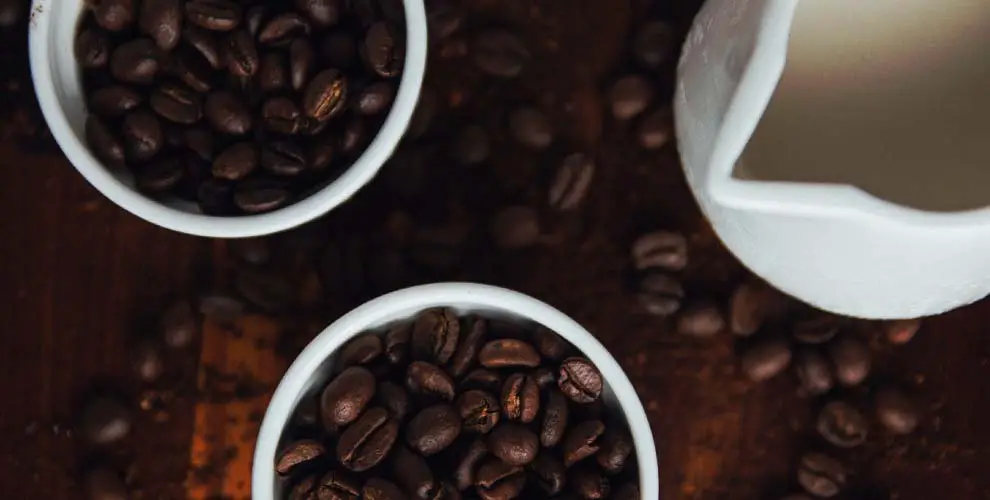
Black coffee is often associated with weight loss for several reasons, but it’s essential to understand its role in a broader context.
1. Appetite Suppression:
Caffeine, which is present in black coffee, can act as a mild appetite suppressant. This means that consuming black coffee may help control your food cravings and reduce your overall calorie intake, which can be beneficial for weight loss.
2. Boosting Metabolism:
Caffeine has been shown to increase metabolic rate (the rate at which your body burns calories) temporarily. This boost in metabolism can lead to increased calorie expenditure.
3. Enhanced Physical Performance:
The caffeine in black coffee can improve physical performance by increasing adrenaline levels, which can enhance endurance and strength during workouts. This can potentially lead to more effective exercise for weight loss.
4. Low in Calories:
A standard cup of black coffee contains minimal calories (approximately 2 calories). This makes it a low-calorie beverage option for those looking to minimize calorie intake while enjoying a flavorful drink.
However, it’s important to consider a few points:
Not a Magic Solution:
While black coffee can offer some support in a weight loss journey, it is not a magic solution. Weight loss is primarily driven by a combination of factors, including diet, physical activity, and overall lifestyle.
Balanced Diet:
Simply drinking black coffee won’t guarantee weight loss. It’s crucial to maintain a balanced diet and consume a variety of nutrients to support your health and weight loss goals.
Moderation:
Excessive caffeine intake can lead to negative side effects like jitteriness, increased heart rate, and difficulty sleeping. Moderation is key.
Individual Differences:
People vary in their sensitivity to caffeine. What works for one person may not work for another. Listen to your body and adjust your coffee consumption accordingly.
Watch Your Additives:
Be mindful of what you add to your black coffee. If you start incorporating sugar, cream, or other high-calorie flavorings, the calorie count can increase significantly.
Black coffee can be a helpful addition to a weight loss plan due to its potential to reduce appetite, boost metabolism, and improve physical performance. However, it should be part of a comprehensive approach that includes a balanced diet and regular exercise. Moreover, individual preferences and sensitivities to caffeine should be taken into account.
Does black coffee raise blood sugar?

Black coffee without any added sugars or sweeteners typically has a minimal impact on blood sugar levels. In fact, it is considered a low-calorie and low-carbohydrate beverage, and the compounds found in coffee may even have some potential benefits for blood sugar control. Here are some key points to consider:
Minimal Carbohydrates:
Black coffee, in its pure form, contains very few carbohydrates. This means it is unlikely to cause a significant spike in blood sugar.
Caffeine’s Effect:
Some studies have suggested that caffeine may temporarily increase blood sugar levels in some individuals, but the effect is usually modest and short-lived. It’s important to note that people’s responses to caffeine can vary.
Antioxidants and Health:
Coffee is a rich source of antioxidants, and some research has indicated that these compounds may have a positive impact on insulin sensitivity and could potentially reduce the risk of type 2 diabetes.
Individual Variations:
Blood sugar responses can vary from person to person. Some individuals may be more sensitive to caffeine or other compounds in coffee, and this can influence how it affects their blood sugar levels.
Additives Matter:
If you add sugar, cream, or syrups to your coffee, these ingredients can significantly increase the carbohydrate content and calorie count of your beverage, potentially leading to a spike in blood sugar.
In summary, when consumed in moderation and without added sugars or high-carb additives, black coffee is unlikely to have a significant impact on blood sugar levels. However, if you have concerns about how coffee or caffeine may affect your blood sugar, it’s a good idea to monitor your individual response and consult with a healthcare professional, especially if you have diabetes or other medical conditions that affect blood sugar regulation.
Can you drink black coffee before a blood test?
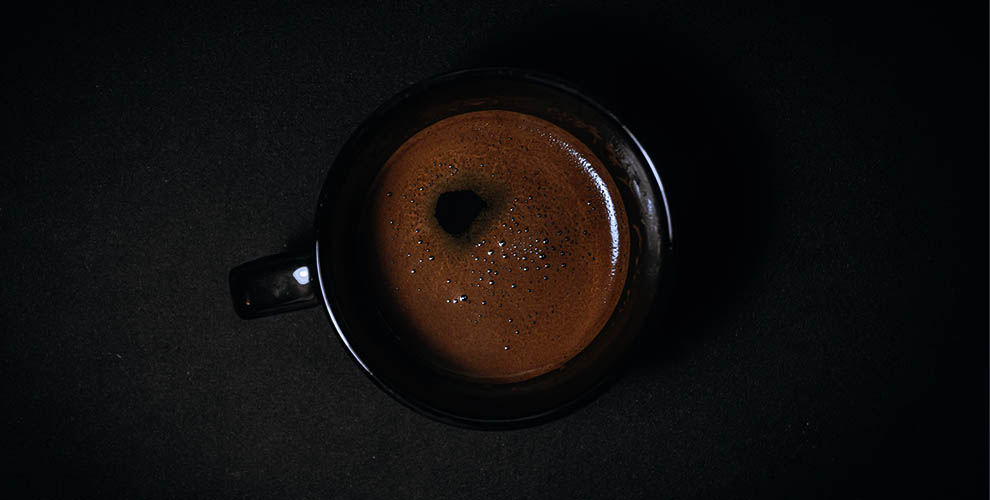
Yes, you can typically drink black coffee before a blood test, but it’s essential to follow specific guidelines and consider individual circumstances. Here are some important points to keep in mind:
Fasting Blood Test:
Some blood tests, like fasting blood glucose or lipid profile tests, require you to fast for a specific period before the test. Fasting typically means refraining from consuming any calories, including black coffee. In such cases, drinking black coffee could break your fast, so it’s best to follow the fasting instructions provided by your healthcare provider.
Plain Black Coffee:
If you’re allowed to have black coffee before a blood test, make sure it’s plain and without any additives like sugar, cream, or milk. These additives can affect the results of certain tests.
Hydration:
Drinking water is often permitted before a blood test, and it’s generally a good idea to stay hydrated. However, check with your healthcare provider or the lab conducting the test to confirm their specific guidelines on beverages.
Medications:
If you take medications regularly, ask your healthcare provider whether you should take them as usual before the test. Some medications may need to be taken with or without food or at specific times.
Caffeine Sensitivity:
Keep in mind that caffeine can affect some test results, such as blood pressure measurements. If you are sensitive to caffeine or concerned about its impact on the test, you might consider avoiding black coffee for a few hours before the test.
Consult with Healthcare Provider:
It’s always a good idea to consult with your healthcare provider or the healthcare facility where the blood test will be conducted to clarify any specific instructions or restrictions related to your test.
In summary, while black coffee is generally acceptable before many blood tests, it’s crucial to follow the fasting guidelines provided for specific tests and consult with your healthcare provider to ensure you’re properly prepared for your blood test.
Benefits of drinking black coffee

Drinking black coffee can offer several potential benefits, making it a popular choice for coffee enthusiasts. Here are some of the advantages:
1. Rich in Antioxidants:
Black coffee is packed with antioxidants, particularly chlorogenic acid. Antioxidants help combat harmful free radicals in the body, potentially reducing the risk of chronic diseases.
2. Weight Management:
The caffeine in black coffee acts as a natural appetite suppressant, helping you control your food cravings. This can be beneficial for weight management by supporting a calorie deficit.
3. Enhanced Physical Performance:
The caffeine in black coffee can boost physical performance by increasing adrenaline levels. This, in turn, can improve endurance, strength, and overall workout effectiveness.
4. Mental Alertness and Focus:
Black coffee’s caffeine content can enhance mental alertness and concentration. It stimulates the central nervous system, leading to improved mood and better cognitive function.
5. Reduced Risk of Certain Diseases:
Some research suggests that moderate coffee consumption may be associated with a reduced risk of conditions like Parkinson’s disease, type 2 diabetes, and specific types of cancer.
6. Low in Calories:
A standard cup of black coffee contains minimal calories (approximately 2 calories), making it a suitable choice for those watching their calorie intake.
7. Aromatic and Flavorful:
Black coffee offers a rich, bold flavor and aroma that many people find enjoyable. It can be a simple and satisfying way to savor the natural taste of coffee.
It’s important to note that while black coffee can offer these potential benefits, individual responses to caffeine can vary. Some people may be more sensitive to caffeine and its effects. Additionally, adding sugar, cream, or other high-calorie flavorings can negate some of these advantages, so it’s essential to be mindful of what you add to your coffee. Enjoying black coffee in moderation can be a part of a healthy lifestyle for many individuals.
Side effects of drinking black coffee
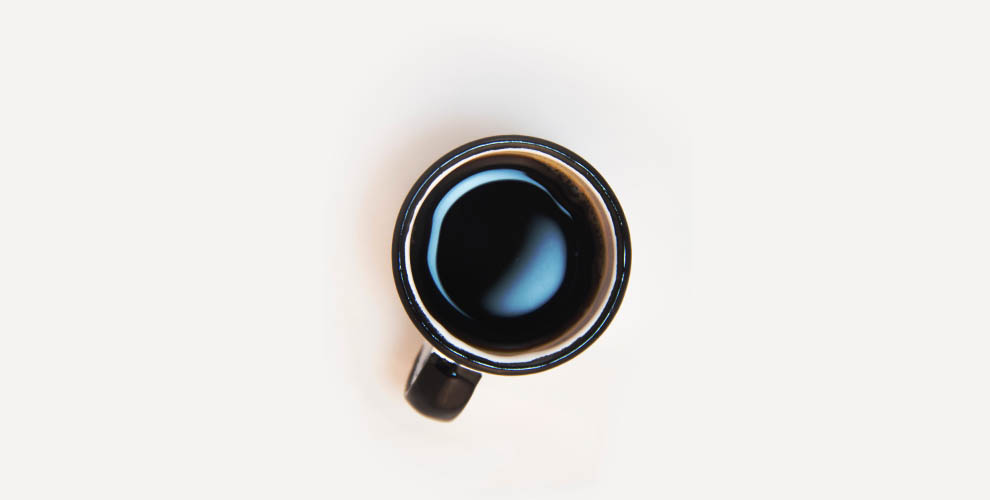
Side effects of drinking black coffee can include:
Insomnia:
Excessive caffeine intake, especially in the afternoon or evening, can disrupt sleep patterns, leading to difficulty falling asleep and staying asleep.
Nervousness and Jitters:
Some individuals may experience restlessness, nervousness, and jitteriness as a result of caffeine sensitivity.
Increased Heart Rate and Blood Pressure:
Caffeine can temporarily raise heart rate and blood pressure, potentially causing discomfort for those with heart conditions or high blood pressure.
Gastrointestinal Distress:
Some people may experience digestive issues such as acid reflux, stomach discomfort, or increased bowel movements.
Dependency and Withdrawal:
Regular consumption of black coffee can lead to caffeine dependency. When you reduce or stop caffeine intake suddenly, you might experience withdrawal symptoms like headaches, fatigue, and irritability.
Anxiety and Nervousness:
High caffeine intake can exacerbate symptoms of anxiety in some individuals or lead to increased feelings of nervousness.
Bone Health:
Excessive caffeine consumption may interfere with calcium absorption, potentially impacting bone health, although the effect is generally minimal with moderate coffee consumption.
Acid Reflux:
Caffeine can relax the lower esophageal sphincter, potentially leading to acid reflux or heartburn in susceptible individuals.
It’s important to note that the severity and occurrence of these side effects can vary from person to person. Moderation in coffee consumption is key to minimizing these potential adverse effects, and it’s essential to be aware of your own tolerance and sensitivity to caffeine. If you experience severe or persistent side effects, it’s advisable to consult with a healthcare professional.
Conclusion
In moderation, black coffee can offer a range of health benefits, from providing essential nutrients and antioxidants to enhancing physical performance and mental alertness. However, it’s important to strike a balance and not overindulge, as excessive caffeine intake can have adverse effects. As with any dietary choice, it’s best to consult with a healthcare professional to ensure that black coffee fits well within your individual health and wellness goals. Enjoy your cup of black coffee, and savor the potential health perks it has to offer.
For further insights into coffee and its various aspects, you can also explore these informative articles:

